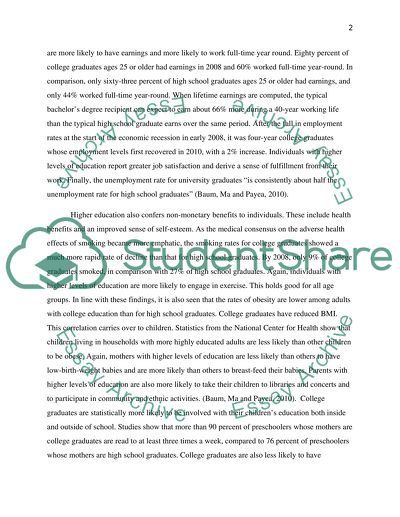Cite this document
(“The Value of a University Education Assignment Example | Topics and Well Written Essays - 1250 words”, n.d.)
Retrieved from https://studentshare.org/english/1479364-the-value-of-a-university-education
Retrieved from https://studentshare.org/english/1479364-the-value-of-a-university-education
(The Value of a University Education Assignment Example | Topics and Well Written Essays - 1250 Words)
https://studentshare.org/english/1479364-the-value-of-a-university-education.
https://studentshare.org/english/1479364-the-value-of-a-university-education.
“The Value of a University Education Assignment Example | Topics and Well Written Essays - 1250 Words”, n.d. https://studentshare.org/english/1479364-the-value-of-a-university-education.


